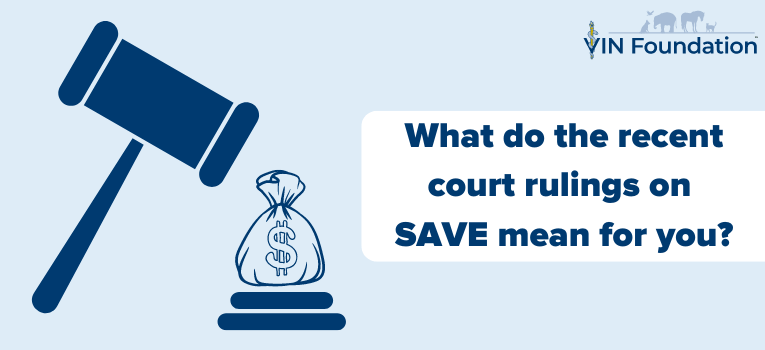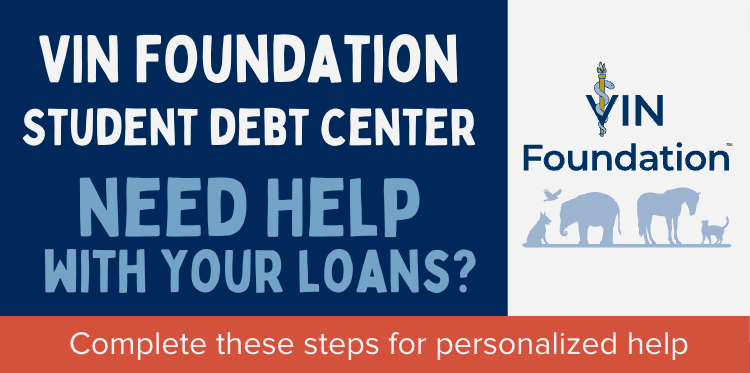SAVE is blocked. What does that mean for your student loans?
The federal student loan roller coaster ride continues…
On July 18th, a federal appellate court blocked the Department of Education (ED) from operating the Saving on a Valuable Education (SAVE) income-driven repayment plan.
SAVE falls into the category of income-driven repayment (IDR) plans where a borrower’s income is used to calculate their minimum monthly payment. Student loan borrowers enrolled in IDR plans make a certain number of payments, and any remaining balance is forgiven. The forgiven amount can be treated as taxable income. The recently released SAVE plan is one of the most generous of the IDRs with low minimum monthly payments and a 100% unpaid interest subsidy covering any monthly interest not covered by monthly payments.
What do the rulings mean for anyone using SAVE right now?
Per ED, anyone using SAVE will be placed in an interest-free forbearance.
Unfortunately, this interest-free forbearance for those in SAVE will not count towards Public Service Loan Forgiveness (PSLF) or Income-Driven Repayment forgiveness.
Forgiveness credit for other income-driven plans is not affected by this recent ruling.
Yes, this could be a big deal and the sooner we see a final ruling on this forgiveness provision, the better. However, don’t panic. While it’s crucial to stay informed and act when necessary, this is also not a time to voluntarily pay more than is required by switching to another plan or forgoing SAVE before we know the outcome of this case. Having no payments and no interest accrue is not a bad place to be in the short term.
If you make payments while your loans are in this interest-free forbearance, they will be applied to future payments due after the forbearance ends. It does not appear that you can use this forbearance time to pay down the principal.
If you would prefer to not be in this SAVE forbearance, then you must change your repayment plan.
What do the rulings mean for anyone who wants to apply for an income-driven repayment plan?
- According to ED, “Borrowers may apply for the following income-driven repayment (IDR) plans: PAYE, SAVE (previously known as REPAYE), Income-Based Repayment (IBR), and Income Contingent Repayment.”
It would appear that PAYE and ICR are back…for now. Maybe? While you can apply for them, it may be a while before you find out if you’re actually allowed into either of those plans. But if either of those plans were your best option and you missed applying for them before the July 1 phaseout, this could be a bonus opportunity to still get into either one.
- According to ED, “Borrowers are still permitted to apply for SAVE/REPAYE even though some of its provisions have been stayed. The terms of the SAVE/REPAYE Plan are subject to the outcome of ongoing litigation.”
Originally, ED stated that no new applicants would be allowed into SAVE/REPAYE. That seems to have changed. Electronic income-driven and consolidation applications have been pulled down from studentaid.gov. To submit an application, complete a PDF application and submit or mail it to your loan servicer. Be aware that application processing is currently paused and could take longer than usual to process pending the ongoing litigation.
If you get into SAVE/REPAYE, your loans will be placed in an interest-free forbearance until the fate of SAVE is resolved. In many cases, that interest-free forbearance is a better place to be than another plan with a higher monthly payment.
If you need student debt help, reach out to VIN and VIN Foundation. We have free online tools like the VIN Foundation Student Debt Center and special message board areas to help you make sense of your options. If you have questions on any of the available tools and options, reach out to [email protected].

Dr. Tony Bartels graduated in 2012 from the Colorado State University combined MBA/DVM program and is an employee of the Veterinary Information Network (VIN) and a VIN Foundation Board member. He and his wife have more than $400,000 in veterinary-school debt that they manage using federal income-driven repayment plans. By necessity (and now obsession), his professional activities include researching and speaking on veterinary-student debt, providing guidance to colleagues on loan-repayment strategies and contributing to VIN Foundation initiatives.


